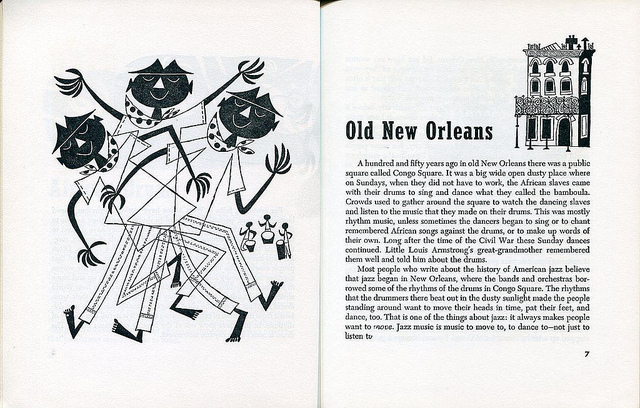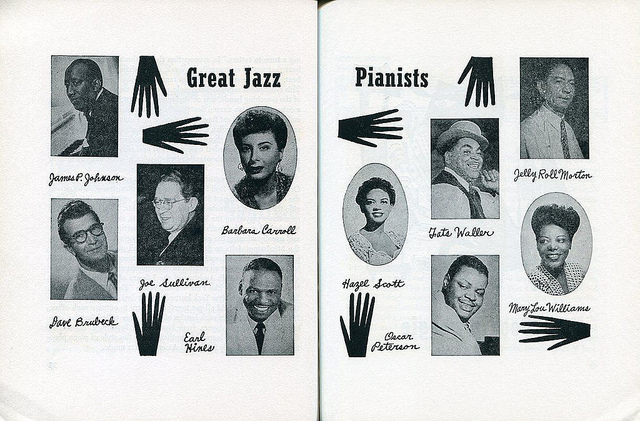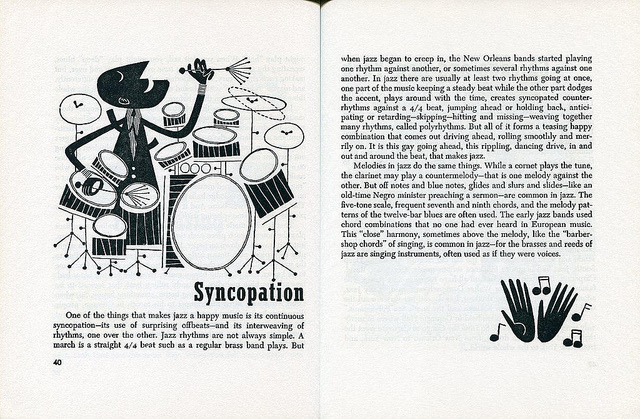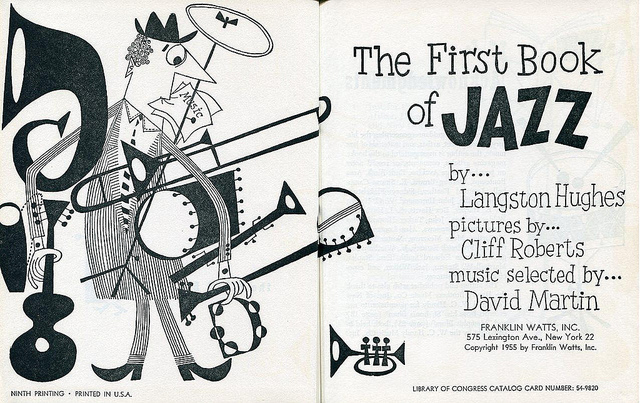Christopher Hitchens was there, railing against religion and war criminals one minute, and the next, it seems, he was gone, a victim to esophageal cancer in 2011. In the 2010 video above, Hitchens takes on one of the hoariest precepts of the Bible (and the Torah) and reimagines an updated, secular version. I mean, it’s not like the Ten Commandments are set in stone, right? (Rimshot!)
The first two-thirds of the video features Hitchens making his way through the original commandments one by one, pulling them apart for inconsistencies and hypocrisy. For example Moses, having told his followers Thou Shalt Not Kill, encouraged them to then kill all the Midianites and save the virgin girls as chattel/prizes, which they then did.
Now, Hitchens does like the 8th Commandment (“Thou Shalt Not Steal”) because, hey, what society isn’t against stealing, and he saves his true admiration for the example of “rare nuance and sophistication” in the 9th Commandment (“Thou Shalt Not Bear False Witness”) because it looks ahead to a truth-based judgement system (and the Magna Carta.)
But for the rest, Hitchens suggests ripping it up and starting again. With a few snarky asides, the list, originally printed in Vanity Fair, presents rules for living as an empathetic, rational human being in the 21st century. He wraps it up with an anti-fundamentalist bow at the end.
I: Do not condemn people on the basis of their ethnicity or color.
II: Do not ever use people as private property.
III: Despise those who use violence or the threat of it in sexual relations.
IV: Hide your face and weep if you dare to harm a child.
V: Do not condemn people for their inborn nature.
VI: Be aware that you too are an animal and dependent on the web of nature, and think and act accordingly.
VII: Do not imagine that you can escape judgment if you rob people with a false prospectus rather than with a knife.
VIII: Turn off that fucking cell phone.
IX: Denounce all jihadists and crusaders for what they are: psychopathic criminals with ugly delusions.
X: Be willing to renounce any god or any religion if any holy commandments should contradict any of the above.
While we’re talking about rethinking the Commandments, George Carlin had some similar thoughts on the subject.
Related Content:
Christopher Hitchens: No Deathbed Conversion for Me, Thanks, But it was Good of You to Ask
Christopher Hitchens Creates a Reading List for Eight-Year-Old Girl
Bertrand Russell’s Ten Commandments for Living in a Healthy Democracy
Ted Mills is a freelance writer on the arts who currently hosts the FunkZone Podcast. You can also follow him on Twitter at @tedmills and/or watch his films here.









